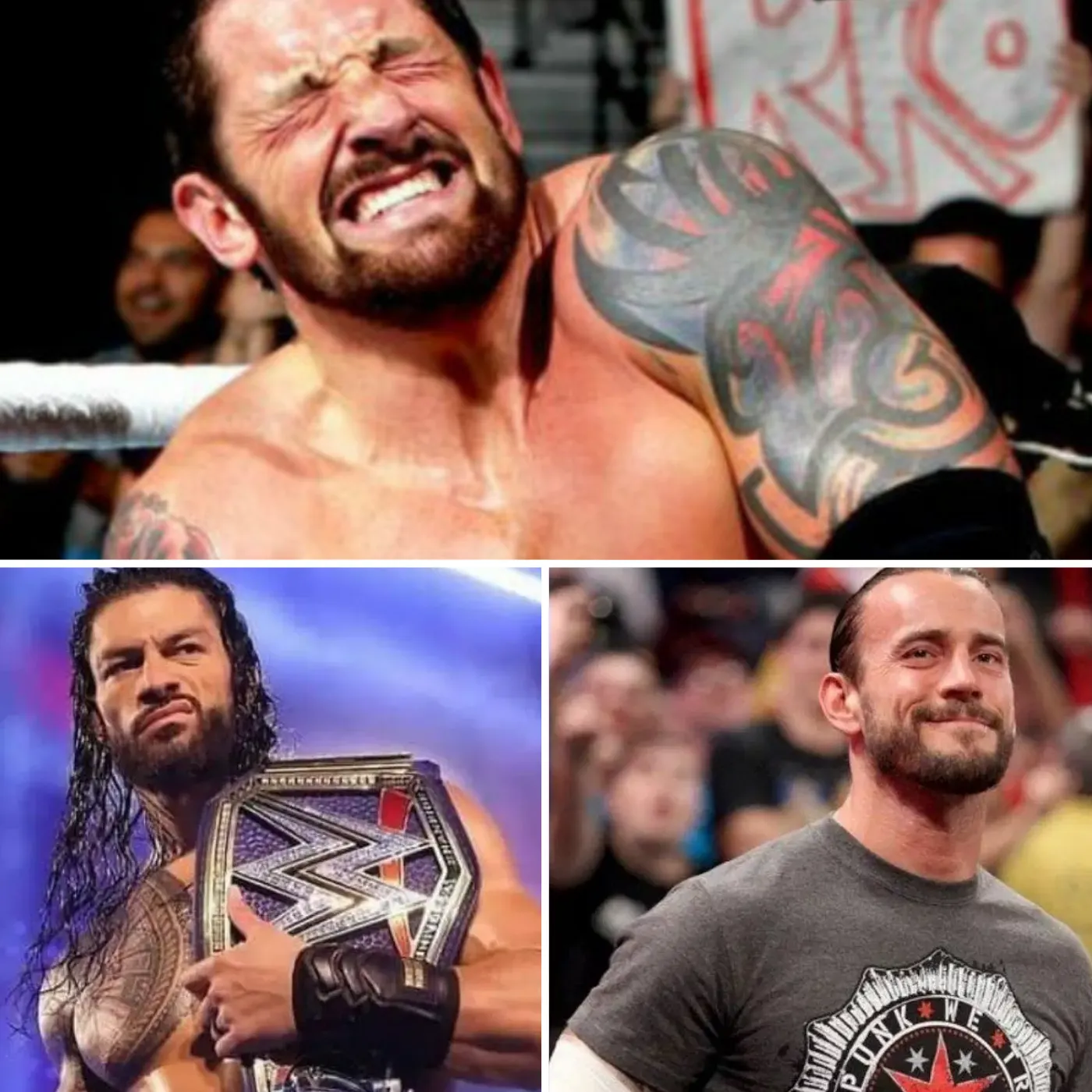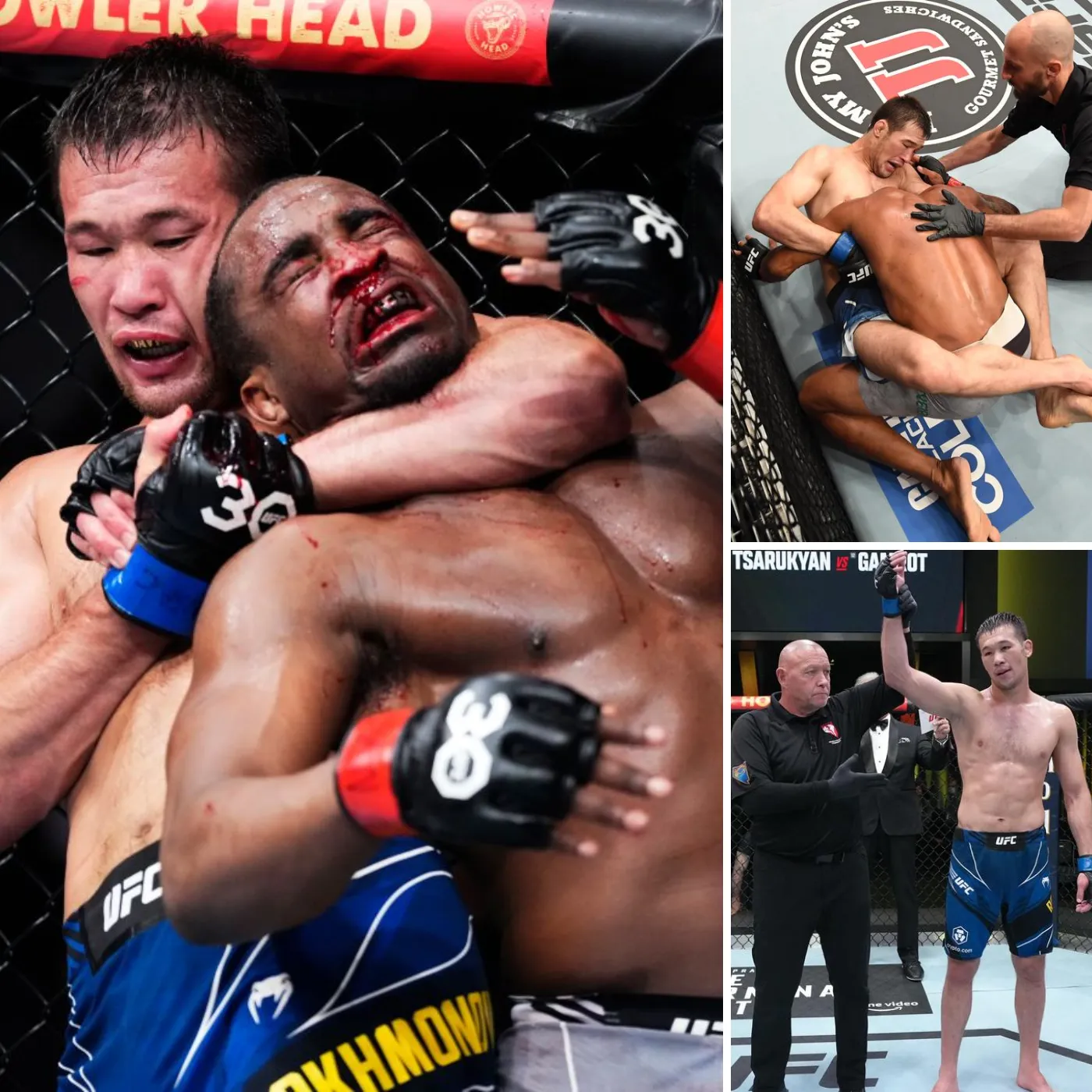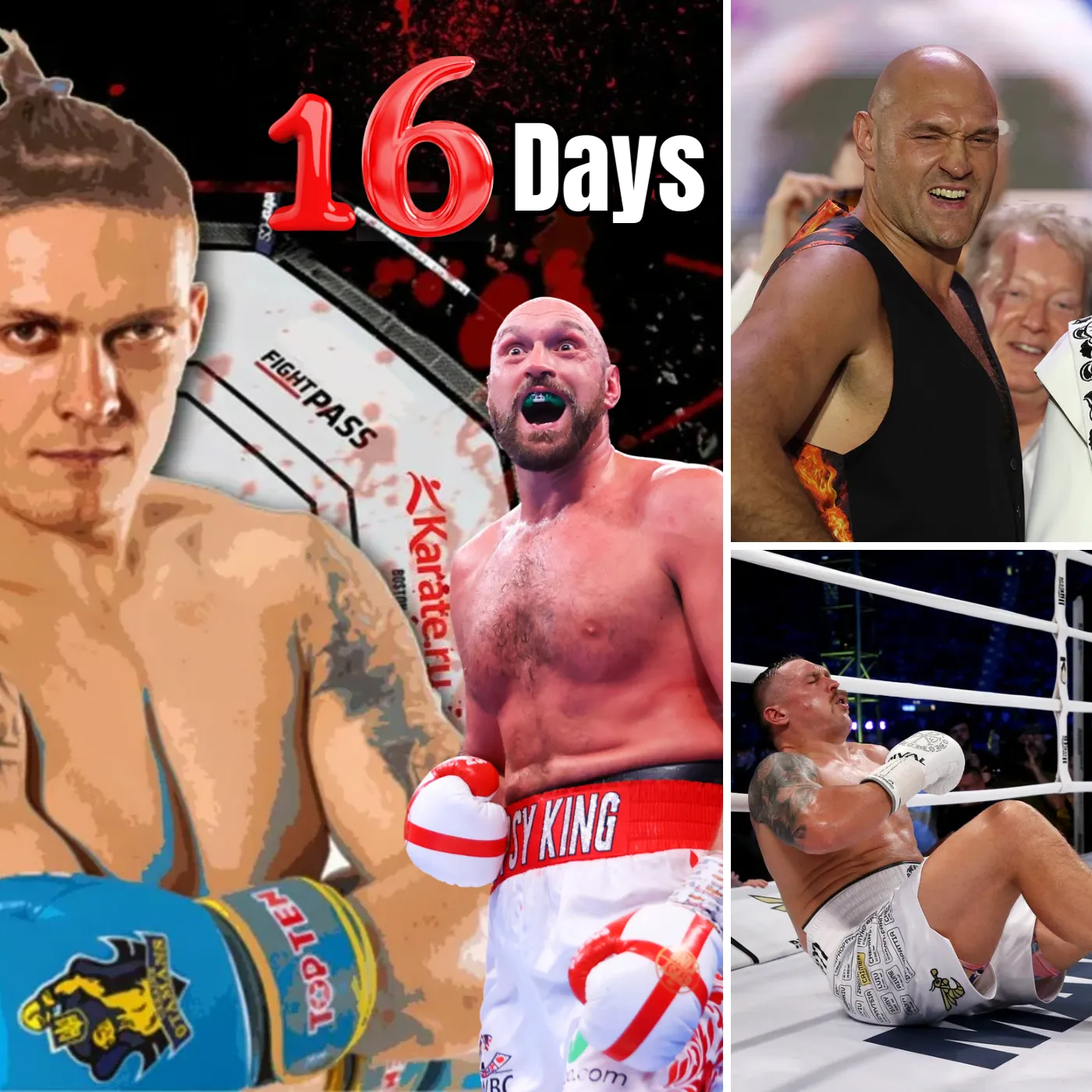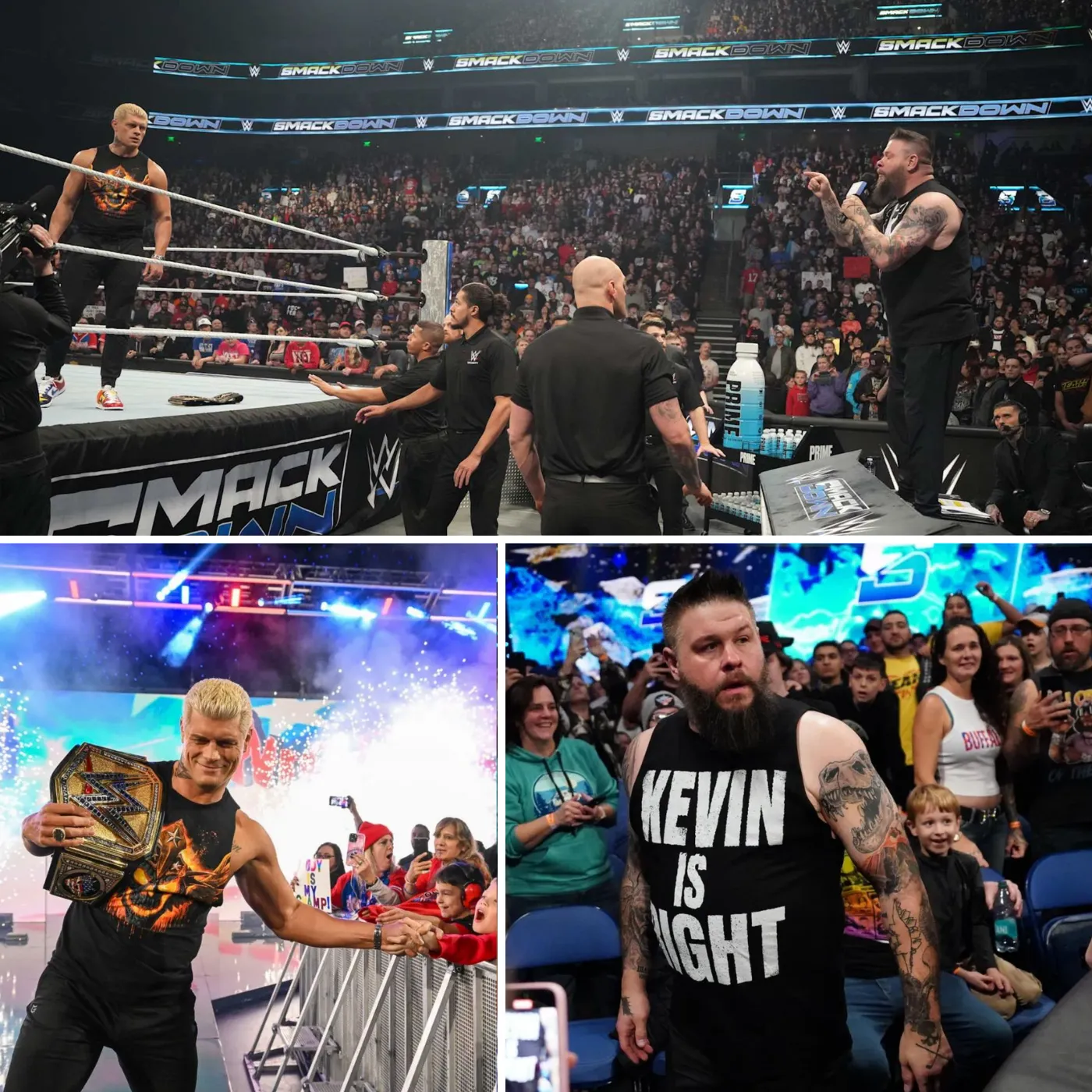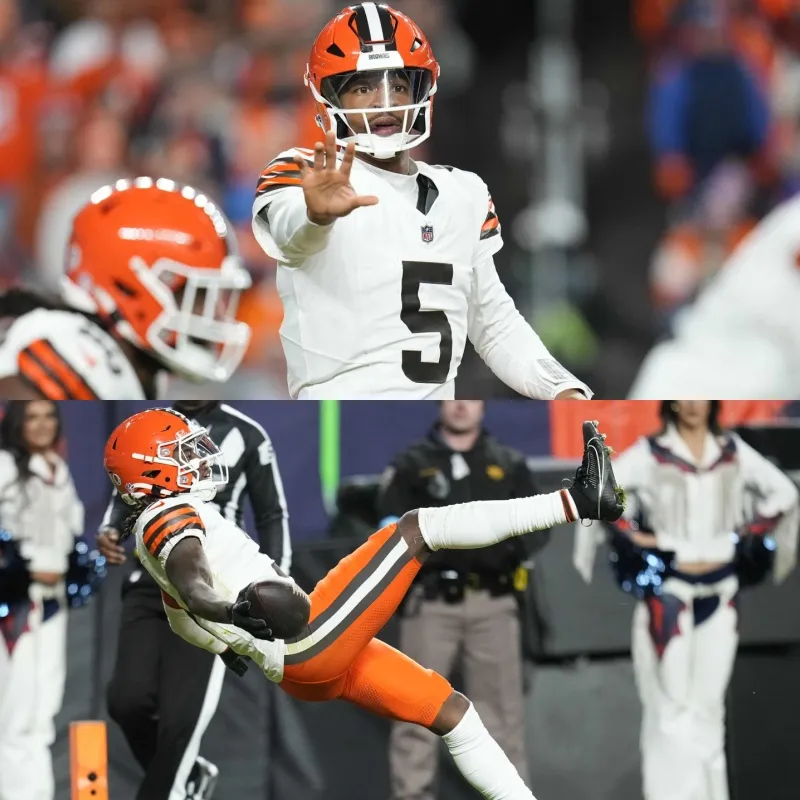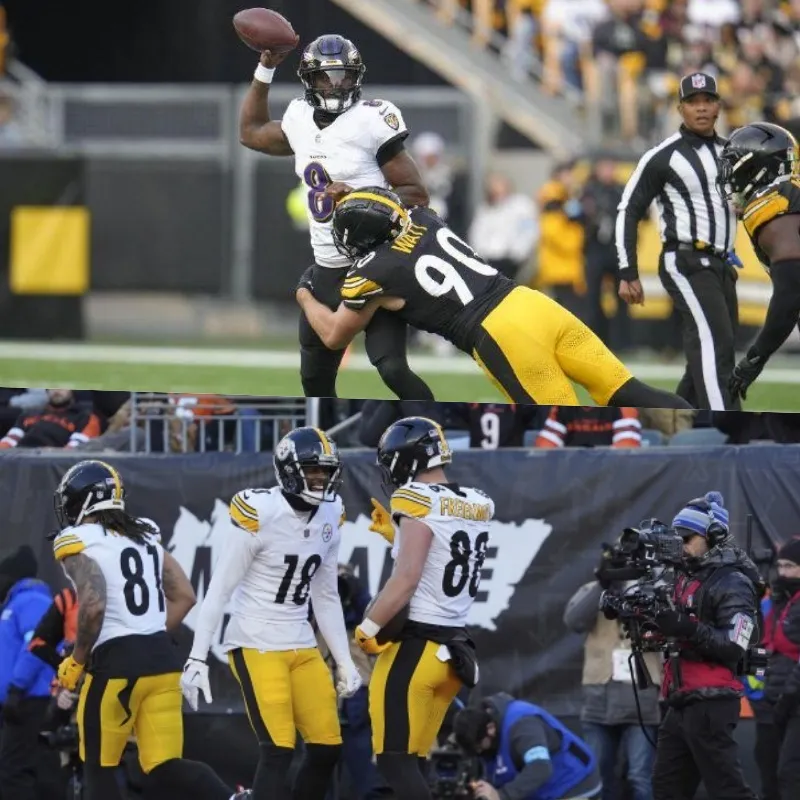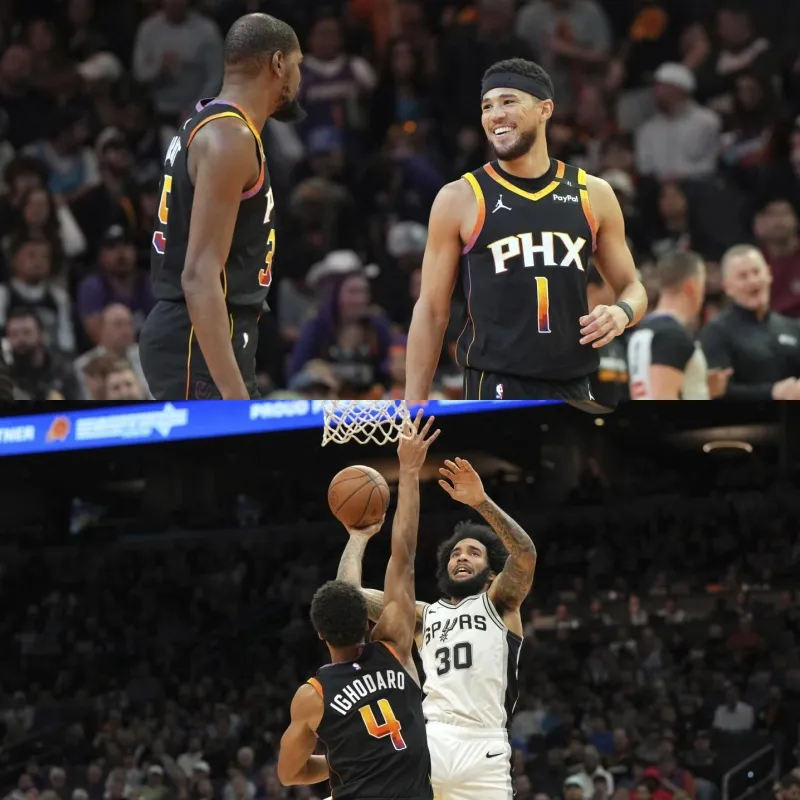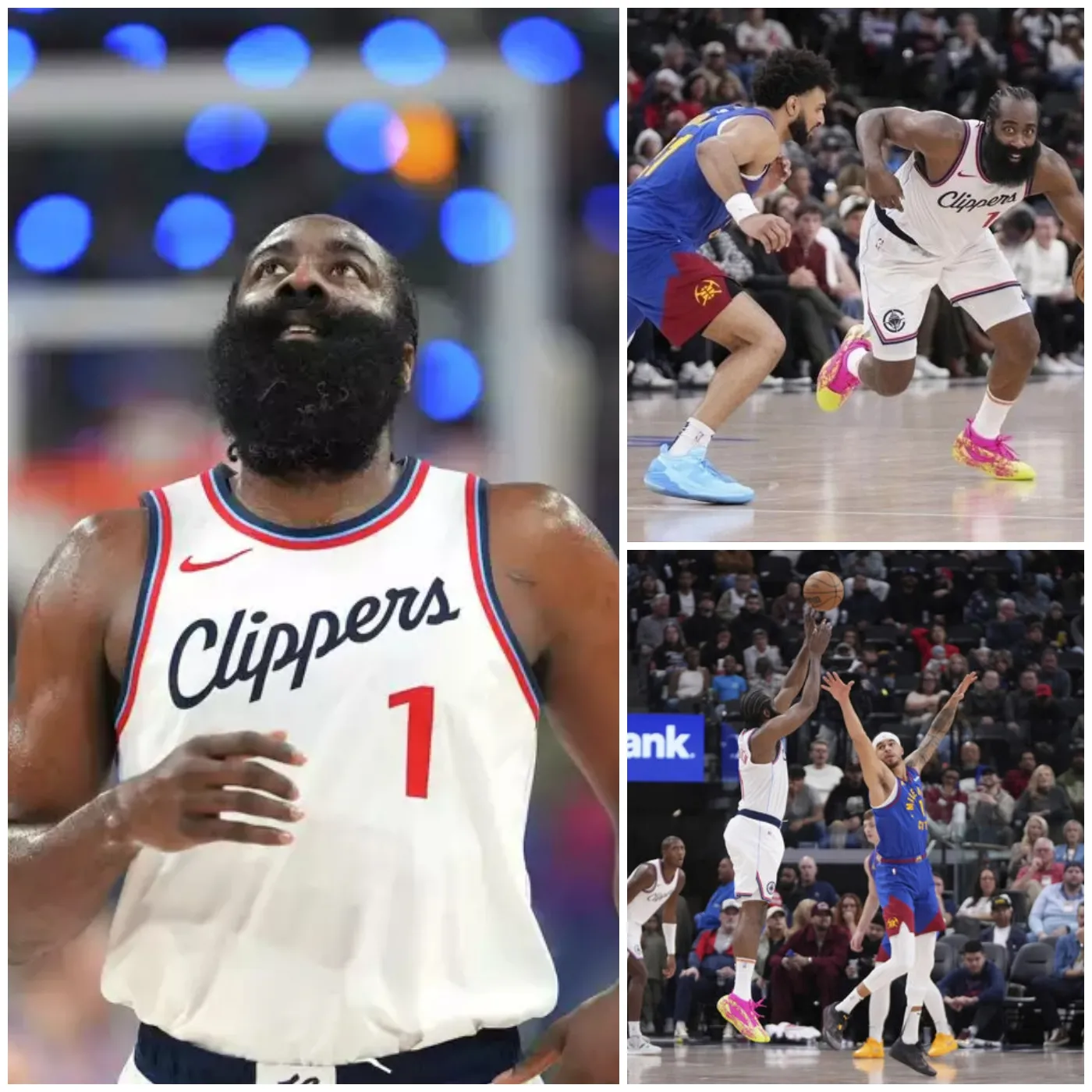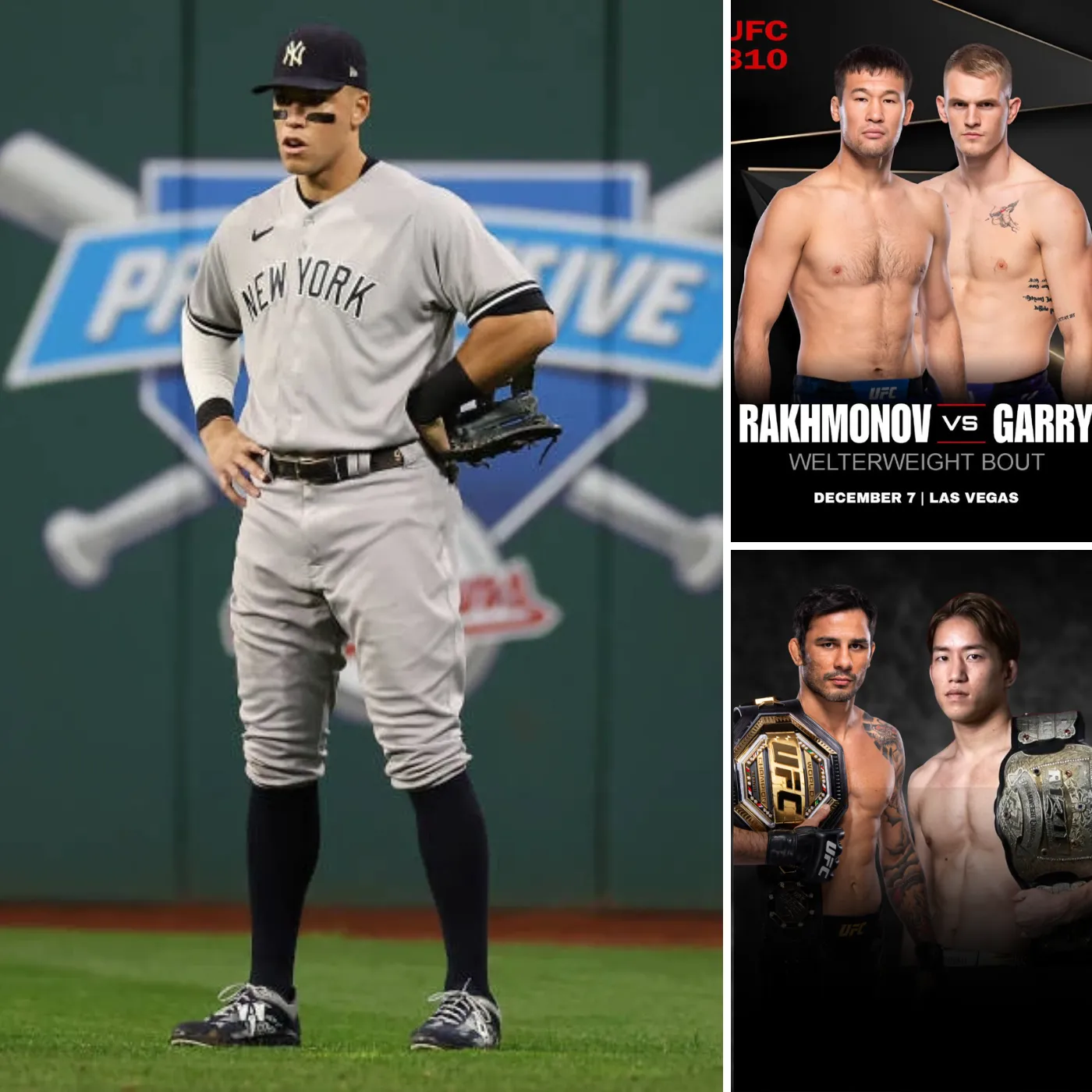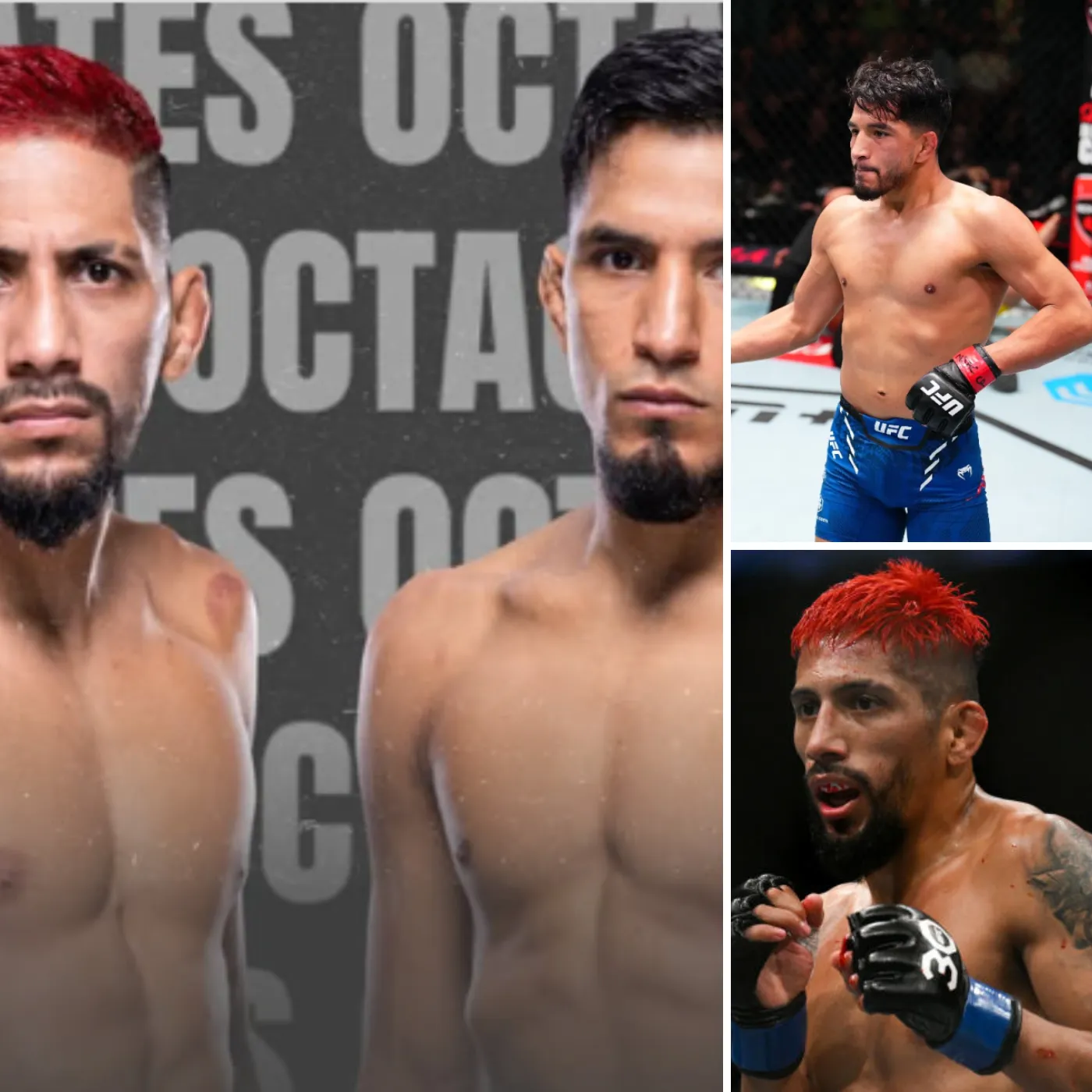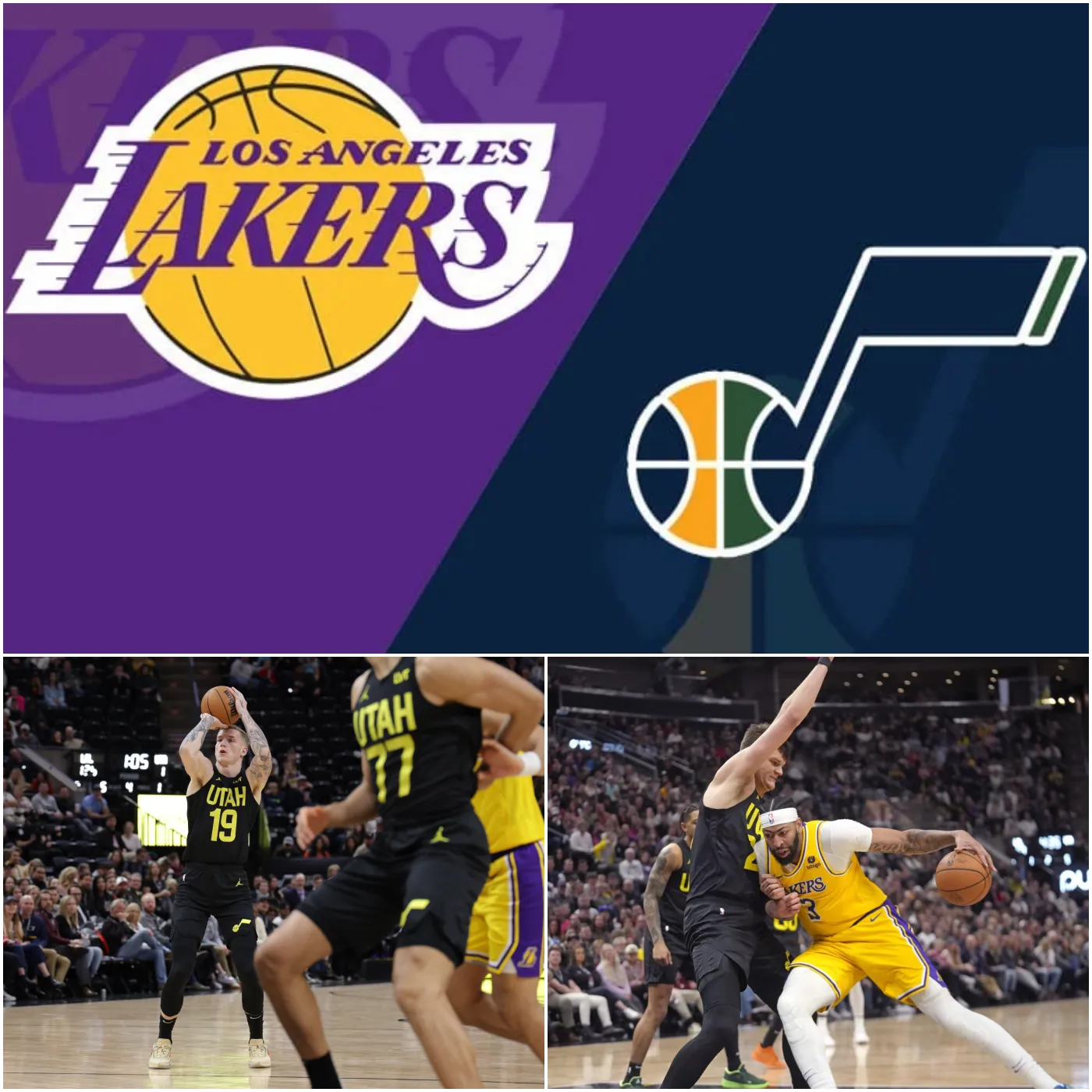UFC 310 sparks debate over Prelim Card placement of Former Champions
The upcoming UFC 310 event has sparked controversy over its fight card placements. Despite featuring four current or former champions, two big names—Chris Weidman and Aljamain Sterling—find themselves relegated to the prelims, igniting discussions about respect, promotional strategy, and the impact on fighters’ morale. Star-Studded UFC 310 Lineup Faces Backlash Over Bout Order UFC 310 boasts […]

The upcoming UFC 310 event has sparked controversy over its fight card placements. Despite featuring four current or former champions, two big names—Chris Weidman and Aljamain Sterling—find themselves relegated to the prelims, igniting discussions about respect, promotional strategy, and the impact on fighters’ morale.
Star-Studded UFC 310 Lineup Faces Backlash Over Bout Order
UFC 310 boasts a high-profile lineup, with Alexandre Pantoja headlining the event and Ciryl Gane facing Alexander Volkov in a much-anticipated rematch on the main card. However, the preliminary fights also showcase former middleweight champion Chris Weidman and ex-bantamweight king Aljamain Sterling, raising questions about their placement.
Sterling, in particular, has voiced his frustration, noting that his bout against Movsar Evloev could have significant implications for the featherweight title picture. His comments underscore a broader conversation about how the UFC organizes fight cards and whether the promotion adequately acknowledges its athletes’ achievements.
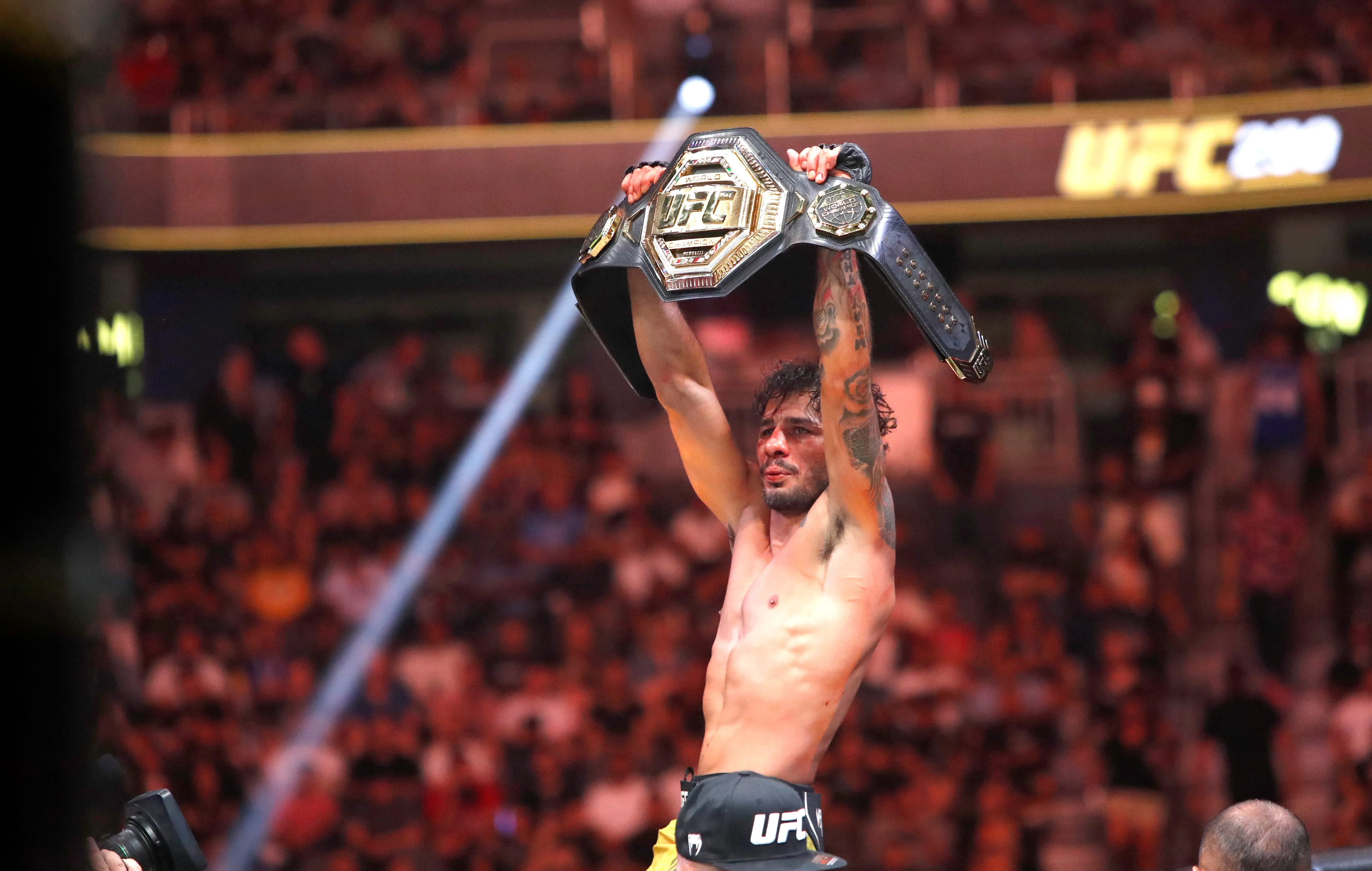
Fighter Perspective: Prelims Viewed as a Demotion
Veteran fighter Matt Brown shared his thoughts on the matter, empathizing with Sterling and acknowledging the disappointment many fighters feel when placed on the preliminary. Having experienced all positions on an UFC fight card during his career, Brown provided insight into the psychological toll such decisions can take.
“It’s like this—I think fighters naturally look at it as almost a respect thing,” Brown said on The Fighter vs. The Writer. “What do [the UFC] think of us? When they put us on the main card, we think that they think more of us. When they put us on the prelims, you feel like you’re kind of demoted.”
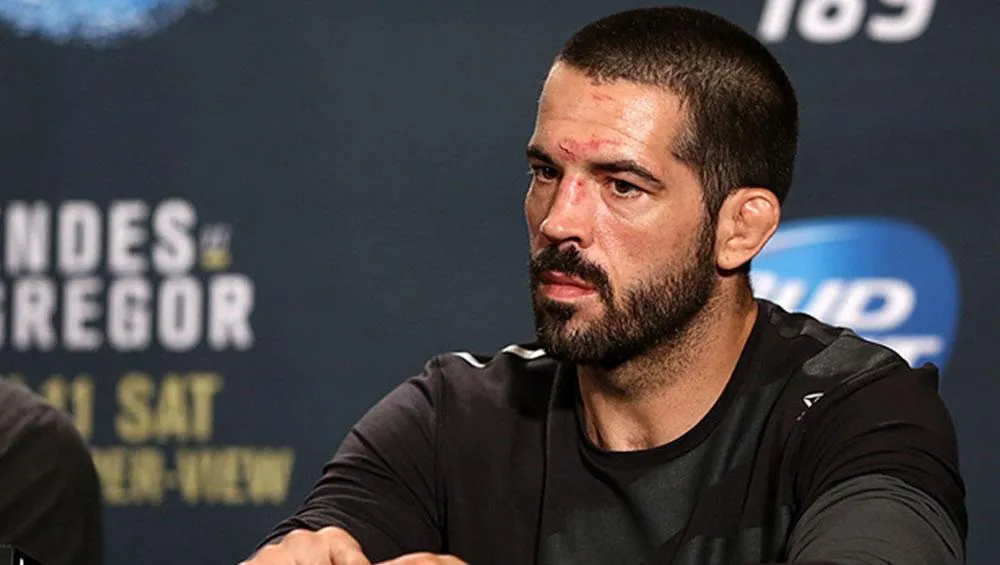
While the UFC argues that ESPN prelims often attract more viewers than some pay-per-view fights, Brown suggested this logic falls short for most fighters. For them, main card placement represents prestige and recognition, making prelim slots feel like a slight to their status and accomplishments.
Strategic Promotion or Missed Opportunity?
The UFC’s fight card strategy often balances marketing, viewership potential, and logistics. However, for fans and fighters alike, certain placements can seem arbitrary or dismissive.
Sterling’s fight, which could potentially elevate him to featherweight contender status, might have drawn greater attention on the main card. Similarly, Weidman, a former middleweight icon, commands enough legacy appeal to warrant a higher-profile slot. By relegating these fighters to the prelims, the UFC risks alienating both athletes and their fans.

Finding the Balance: Fighters and Fans Deserve Better
Prelim slots can sometimes attract a wider audience due to their accessibility on free platforms, but there’s no denying that main card placement carries significant prestige. For fighters like Sterling and Weidman, being on the prelims is more than a scheduling decision—it’s a perceived value judgment about their careers and contributions.
The UFC has an opportunity to rethink how it structures fight cards to ensure that legacy fighters and potential title contenders receive the recognition they deserve. Striking a balance between marketing strategy and respect for fighters’ achievements could not only enhance fan engagement but also boost fighters’ morale.
As UFC 310 approaches, the debate over its bout order shines a light on a larger conversation about fairness and strategy in one of MMA’s most prominent promotions. Fans and fighters alike will be watching to see how this discussion shapes future events.
